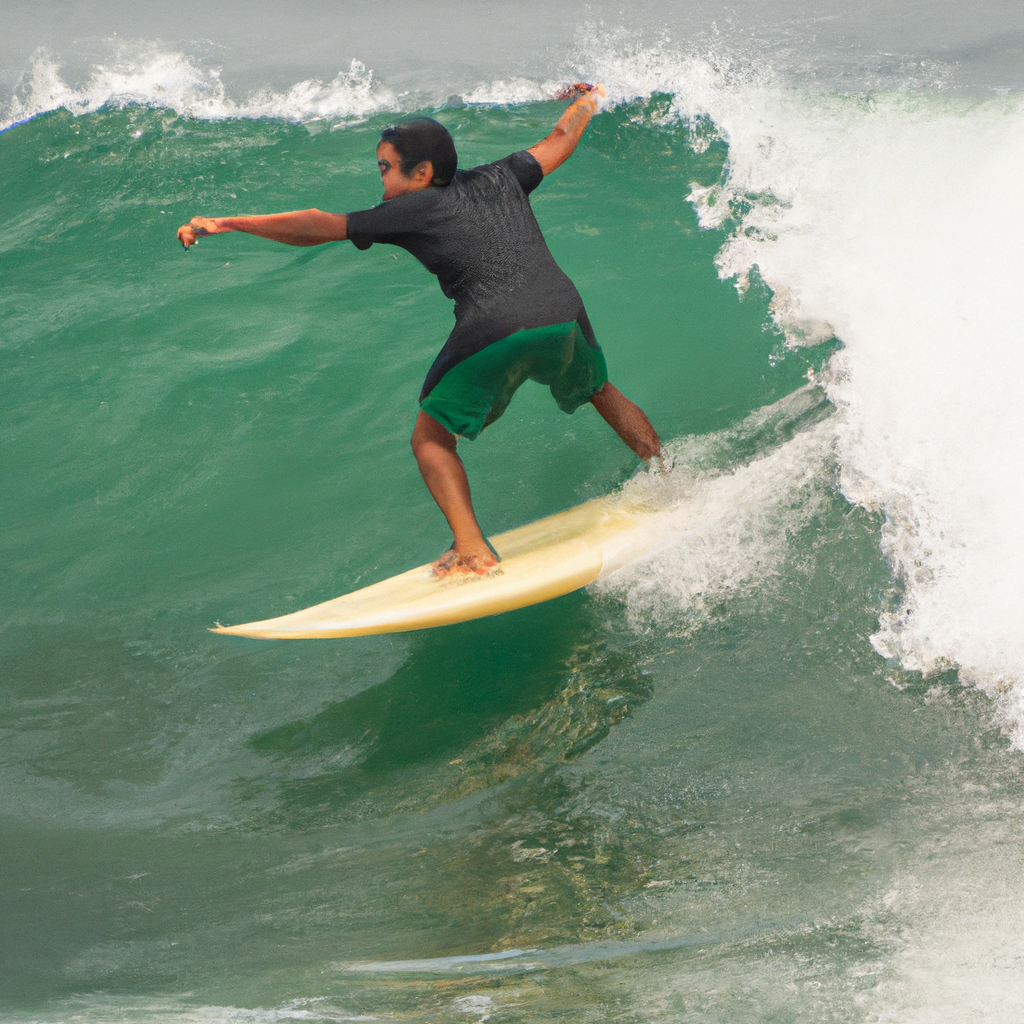Sailing towards a Green Future: Promoting Sustainability in Nautical Sports

As environmental awareness continues to grow around the world, it is becoming increasingly evident that all aspects of our lives must be in harmony with nature to ensure a sustainable future. In this context, nautical sports are no exception. From sailing to surfing, diving and beyond, these water activities can have a significant impact on marine ecosystems. Therefore, it is essential to explore how we can enjoy these sports while minimizing our impact on the environment. In this article, we will examine the importance of sustainability in water sports, illustrate examples and methods of sustainable practices, analyze the environmental problems associated with these sports and suggest solutions, and finally, discuss how water sports can actively contribute to marine conservation. .
- 1. "Understanding the importance of sustainability in water sports"
- 2. "Sustainable practices in water sports: examples and methods"
- 3. "The environmental impact of water sports: problems and solutions"
- 4. "How water sports can contribute to marine conservation"
1. "Understanding the importance of sustainability in water sports"
Water sports, such as sailing, rowing and surfing, have seen growth in popularity in recent decades. However, this growth has been accompanied by an increase in pressure on aquatic ecosystems, both due to the construction of infrastructure and the direct impact of sports activities. This is where the importance of sustainability in water sports arises. Adopting sustainable practices means minimizing the environmental impact of these activities, promoting the conservation of aquatic ecosystems and ensuring their long-term viability. It's not just about protecting our oceans, rivers and lakes for future generations, but also ensuring that water sports can continue to thrive without harming the environment.
2. "Sustainable practices in water sports: examples and methods"
Water sports, being activities that directly depend on the aquatic environment, play an important role in the promotion and adoption of sustainable practices. For example, sailing and surfing events often include beach and sea clean-up programs, as well as "zero waste" policies, where participants commit to leaving no trace of their presence. In addition, the boats used in these sports are evolving towards more ecological models, such as sailboats and boats powered by solar or wind energy. Rowing and canoeing competitions, on the other hand, promote the conservation of rivers and lakes by focusing on keeping the natural environment as intact as possible. Additionally, there is growing interest in the implementation of eco-friendly materials in the manufacturing of equipment and accessories, such as wetsuits made from natural rubber and surfboards made from sustainable wood. In this way, water sports are becoming a scenario for the adoption of environmentally friendly and sustainable practices.
3. "The environmental impact of water sports: problems and solutions"
Water sports, despite their direct relationship with nature, are not exempt from having a significant environmental impact. Problems such as water pollution due to the use of motor boats, the deterioration of aquatic ecosystems due to the overexploitation of areas for sports, and the generation of waste are just some of the challenges we face. However, there are viable solutions to minimize these impacts. For example, the use of ecological boats, which run on renewable energy and do not emit pollutants, can help reduce water pollution. Additionally, implementing “leave no trace” policies can help prevent the deterioration of aquatic ecosystems. Finally, promoting education and environmental awareness among athletes can lead to a reduction in waste generation. In short, although water sports can have an environmental impact, there are solutions to make them more sustainable.
4. "How water sports can contribute to marine conservation"
Water sports can play a key role in marine conservation. Firstly, they can raise awareness about the importance of marine ecosystems and the need to protect them. Nautical athletes, by interacting directly with the sea, can become powerful defenders of its protection. Additionally, they can contribute to marine conservation by following sustainable practices. For example, they can avoid sensitive areas, minimize their impact on marine wildlife, and use equipment that is eco-friendly and sustainable. Water sports competitions can also set sustainability standards, such as limiting litter and encouraging clean beaches and waters, which can have a significant impact on protecting the seas.
